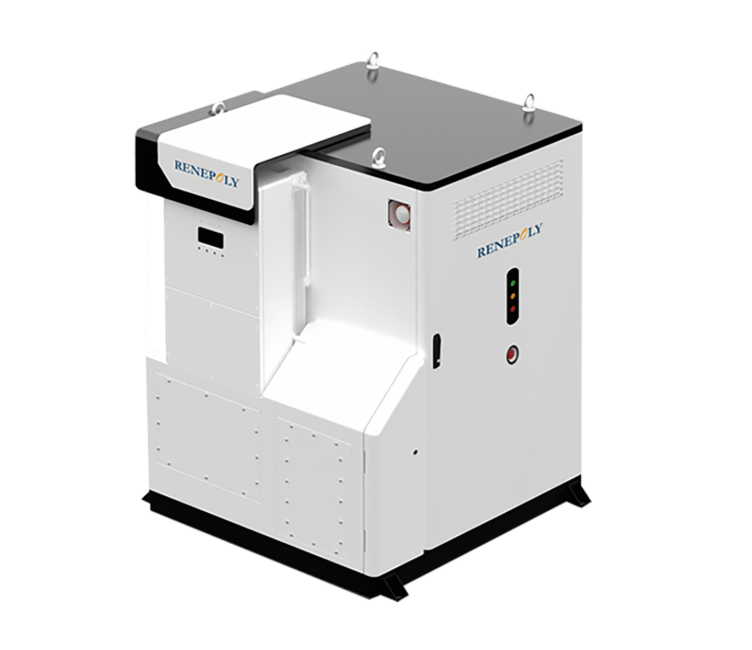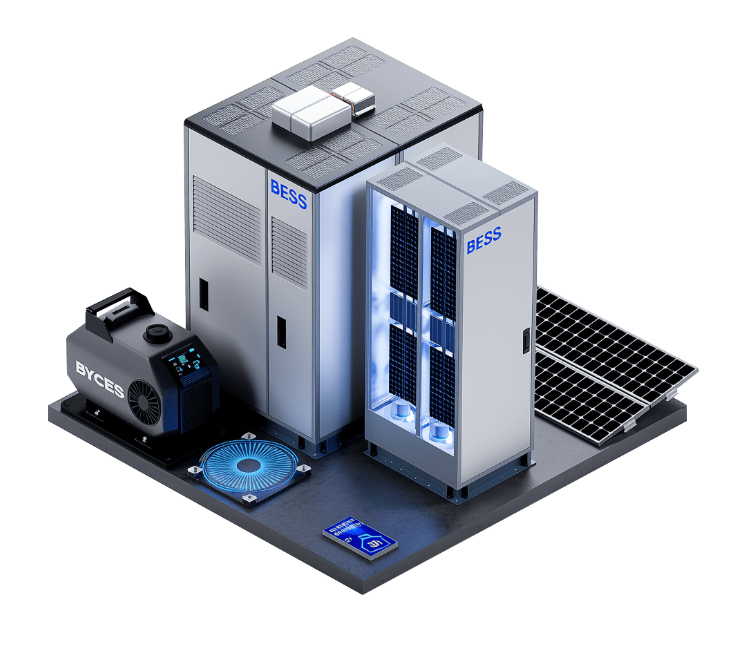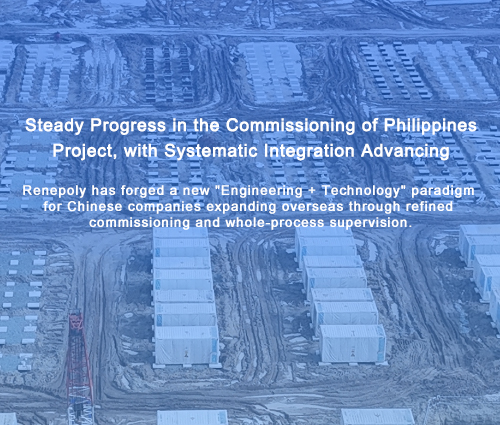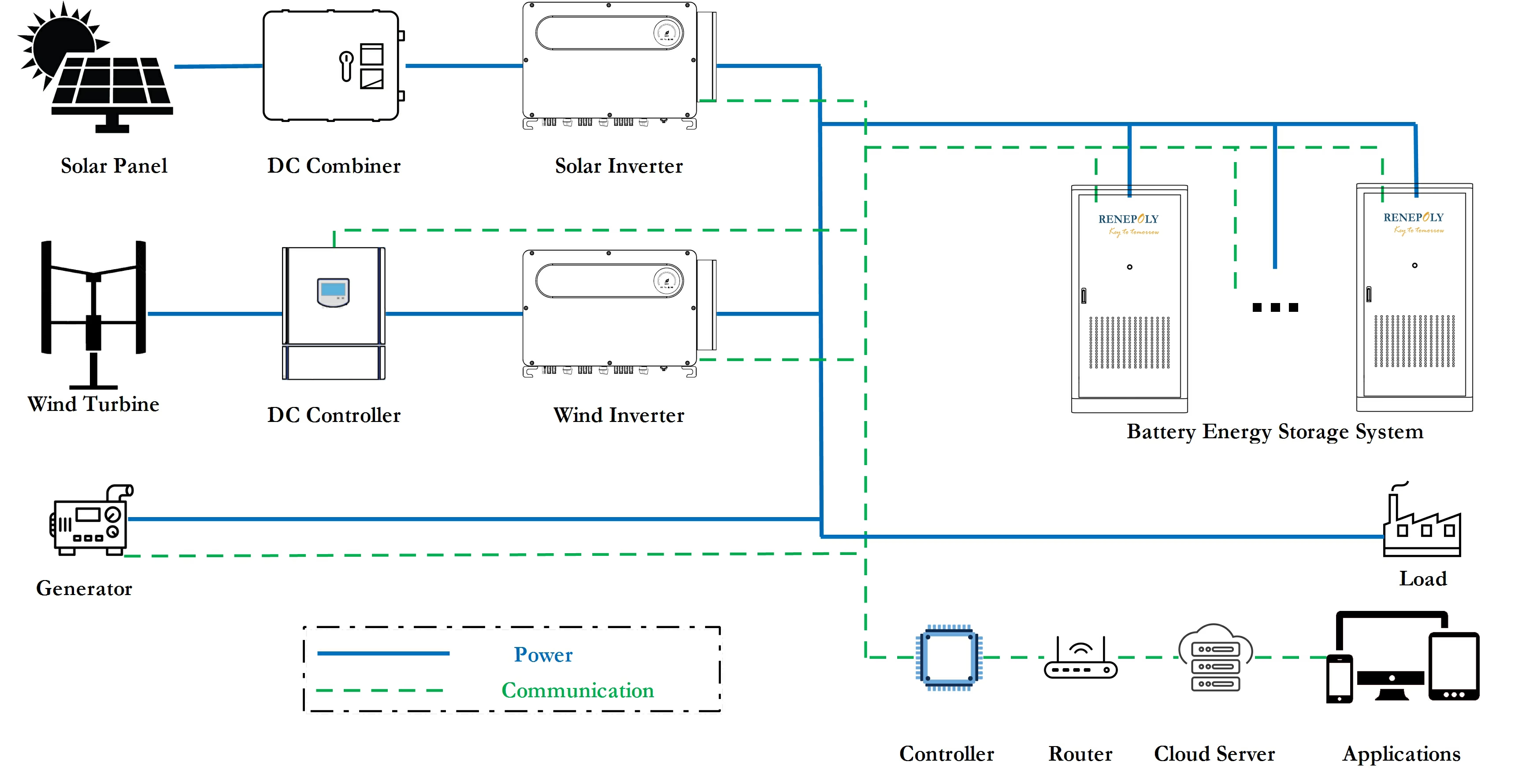

01 Remote Areas Often Face Unique Energy Challenges
Limited or No Grid Access: Many remote communities rely on expensive and polluting diesel generators.
High Electricity Costs: Diesel fuel costs, transportation, and maintenance lead to high electricity prices.
02 Related Products:EGS120 BESS Cabinet
The EGS120 is designed to work effortlessly with solar photovoltaic (PV) systems.It features built-in Maximum Power Point Tracking (MPPT) technology.Whether you're building a hybrid microgrid or a fully off-grid system, the EGS120 enables direct PV input, reducing dependency on the grid or diesel generators.
Get a Quote03 Renepoly Solution
Grid Independence and Reliability: By providing backup energy, BESS can prevent losses due to downtime, particularly for businesses or critical infrastructure in remote areas, ensuring continuous operation and reducing operational costs.
Reduced Fuel Consumption: Decreased diesel generator usage translates to lower fuel costs.
Lower Maintenance Costs: BESS typically require less maintenance than diesel generators.
Project Checklist04 Related Project
3.4 GWh Solar&Storage Flagship Project in the Philippines
Configuration: 2.4GWp Solar PV + 4.5GWh Storage (with 3.4GWh for Peak Shaving)
Delivery Model: EPC turnkey by GEDI, full lifecycle technical consultancy by Renepoly Energy
Know More


Remote Area Off-Grid Solutions
Solutions Contribution
 An integrated system of existing generator system, renewable energy generation systems (solar, wind, biomass, small hydro, etc.), energy storage system and smart energy management system.
An integrated system of existing generator system, renewable energy generation systems (solar, wind, biomass, small hydro, etc.), energy storage system and smart energy management system. Fuctions of load shifting, peak shaving, power backup, and regulation of voltage, frequency and power factor.
Fuctions of load shifting, peak shaving, power backup, and regulation of voltage, frequency and power factor. Intelligent management and automatic control of the whole system.
Intelligent management and automatic control of the whole system. Minimize the diesel/petrol consumption of generator system by applying optimized working logics.
Minimize the diesel/petrol consumption of generator system by applying optimized working logics. Reduce harmful pollutants, affecting air quality and contributing to climate change.
Reduce harmful pollutants, affecting air quality and contributing to climate change.
- Quiet noise levels, which can disturb surrounding areas.
- Ease Diesel prices fluctuate, leading to unpredictable costs.
- Decrease overall operation and maintenance expenses as regular upkeep cost is low.
- Higher overall system efficiency than single energy source system.
- Satisfy strict environmental regulations, which may limit energy use.


